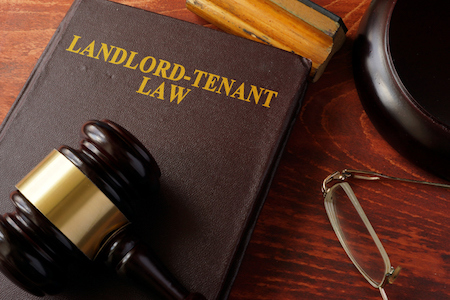
Questions to Expect from a Landlord
If you’ve hunted for rental housing in Canada, you know it’s a tight market and competition can be fierce. In a landlord’s market, those holding the keys have their pick of top tenants, which means they’re free to pick and choose based on almost any criteria. It’s completely legal for a potential landlord to ask you any of the following questions:
What Is Your Annual Income?
Landlords may ask you for pay stubs or an official record of employment along with your application. If you are self-employed, they might ask you for your notice of assessment from the Canada Revenue Agency to confirm your annual earnings. It’s also likely that you will have to undergo a credit check, to gauge your liabilities. This is also completely legal.
Where Do You Work?
It’s common for a landlord to request contact information from your employer, or to ask for a written record of employment on company letterhead.
Do You Have Pets?
A landlord is completely within their rights to inquire about whether you have pets and to refuse to rent to you if you do. They might write this into the rental contract itself, so make sure to double check if you’re thinking about getting a pet in the future.
How Many People Will Be Living With You?
While it’s illegal for a potential landlord to inquire about your marital or relationship status, they can inquire about how many people will be sharing your unit. If there’s more than one of you, each resident will likely be required to list their name on the application and lease agreement. In some cases, this is a safety feature, as certain dwellings are not equipped to handle people over a certain capacity. If an accident were to occur, your landlord might be held liable if he or she knowingly rented to more than the legal number of occupants.
However, be aware that it is NOT legal for a potential landlord to ask about any of the following:
- Race or ethnicity
- Religious or spiritual beliefs
- Ancestry or place of origin
- Gender, sexual orientation or pregnancy status
- Age
- Disability
Despite the plethora of top tenants out there, your landlord is not allowed to refuse you as a tenant based on any of the above points. If you believe you are being discriminated against, you may have a case with your local landlord and tenant board.
That being said, it’s a tough market out there and there are plenty of legitimate reasons a landlord may have chosen another applicant. When that happens, it’s best to just keep full steam ahead with your home hunt. The right rental is out there waiting for you!

